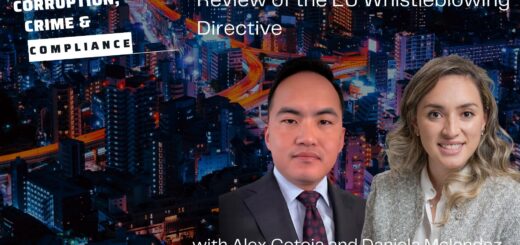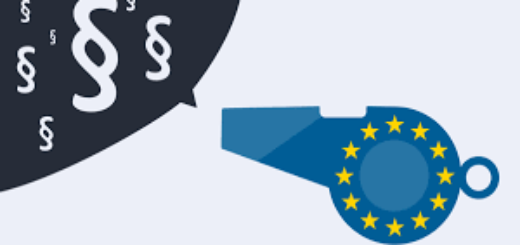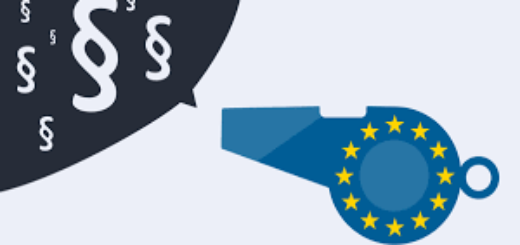Episode 321 — Review of the EU Whistleblowing Directive wih Alex Cotoia and Daniela Melendez
Directive 2019/1937 of the European Parliament and Council dated 23 October 2019 on the “protection of persons who report breaches of Union law” (the “Directive”) is currently being implemented by EU Member States. The directive has broad applicability to organizations operating in the EU internal market and applies to both public and private sector organizations alike. Whistleblowers are guaranteed legal protection to the extent: (1)...























